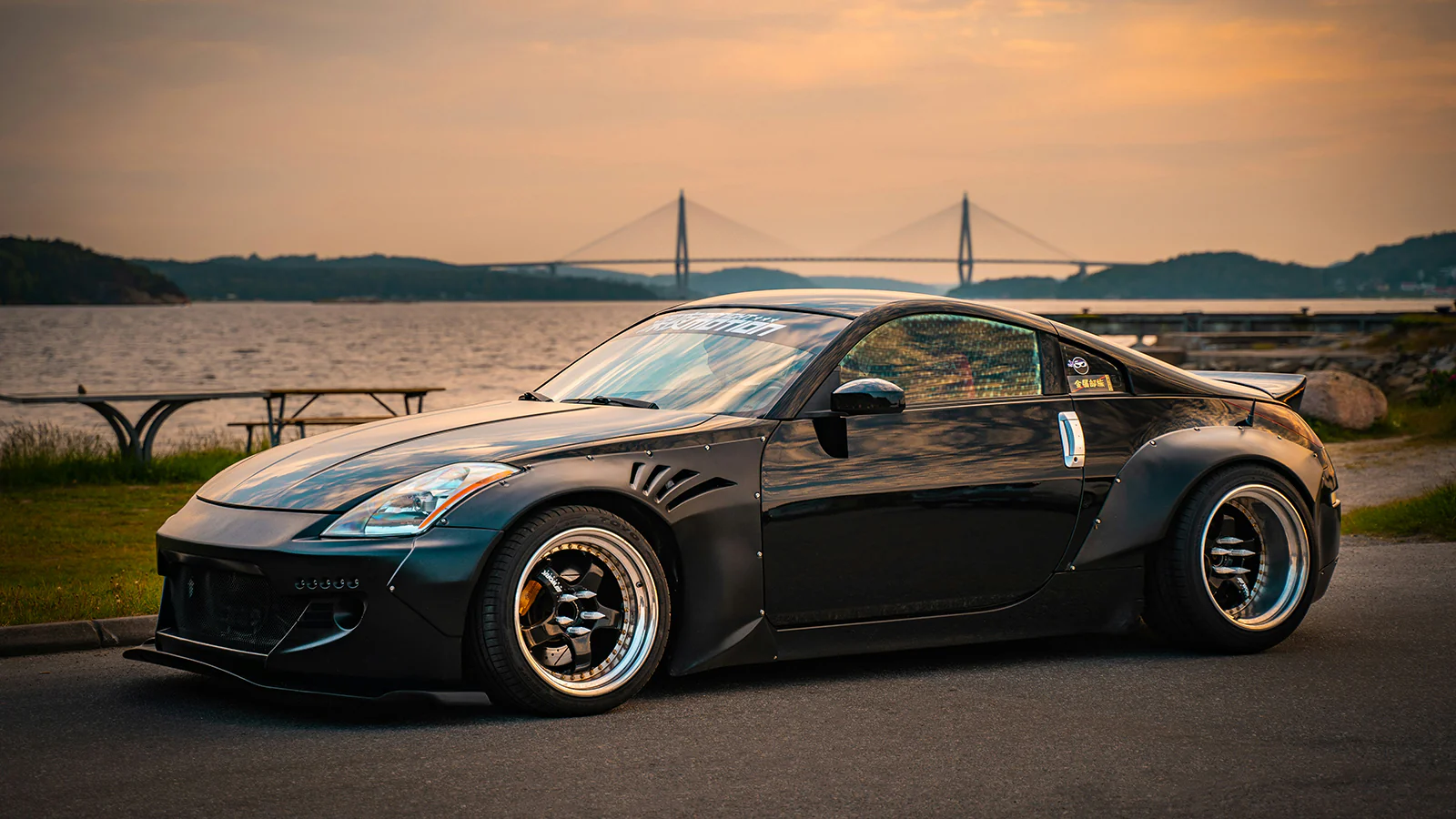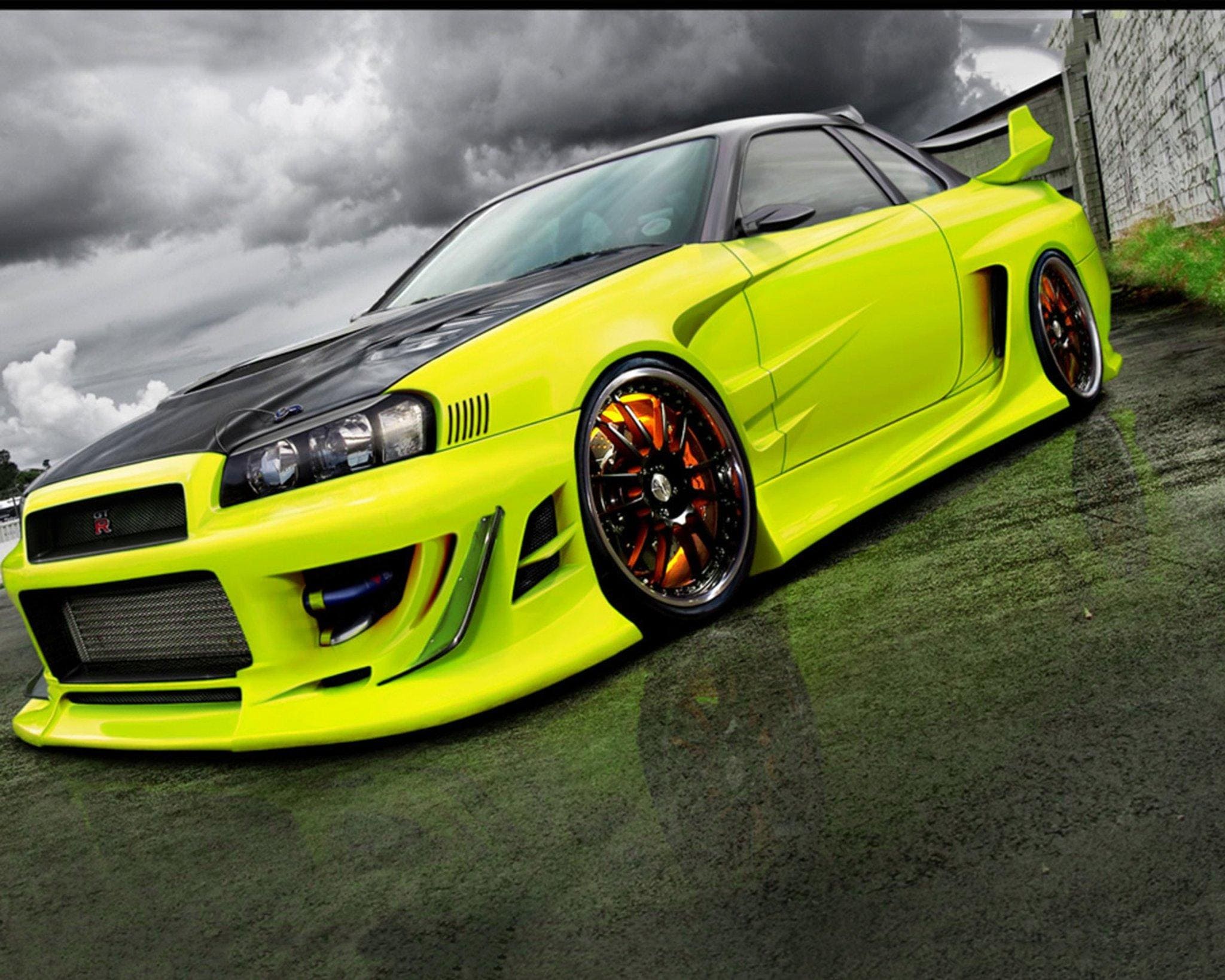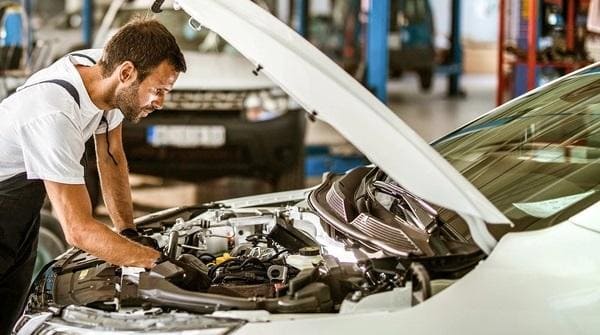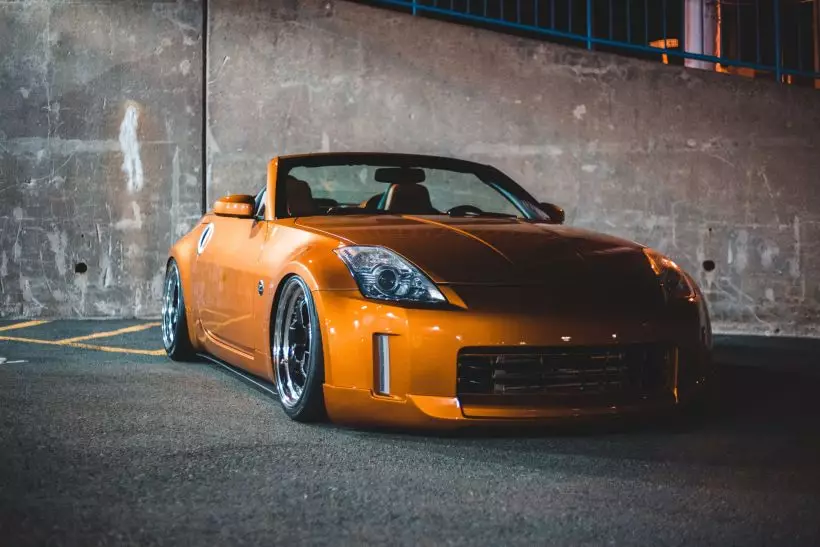The Evolution of Automotive Style: Customization Trends Shaping Tomorrow's Roads
The automotive landscape is undergoing a profound transformation, moving beyond mere utility to embrace a deeper connection with individual identity. For decades, vehicles were primarily seen as functional commodities, mass-produced to meet broad market demands. However, a significant shift is now underway, driven by a universal desire for personal expression and uniqueness. This evolution is reshaping how we perceive, design, and interact with our cars, placing personalization at the forefront of innovation.
This growing emphasis on individuality has catalyzed the rise of automotive customization. No longer confined to niche enthusiasts, tailoring a vehicle to one's specific tastes and needs is becoming an integral part of the ownership experience. From subtle aesthetic enhancements to comprehensive interior overhauls, the options for personalizing a car are expanding rapidly, reflecting a cultural movement towards bespoke solutions in every aspect of life.
Technology plays a pivotal role in enabling this new era of personalization. Advanced manufacturing techniques, sophisticated digital design tools, and innovative material science are opening up unprecedented possibilities. What was once complex and costly is now becoming more accessible, allowing drivers to envision and create vehicles that truly resonate with their personal style and functional requirements, moving far beyond standard factory options.
The desire to stand out and imbue a vehicle with a distinct character is a powerful force driving market trends. Consumers are increasingly looking for ways to make their cars extensions of themselves, reflecting their personality, values, and lifestyle. This psychological connection transforms a vehicle from a simple mode of transport into a statement piece, a mobile canvas for self-expression on the roads of tomorrow.
This paradigm shift presents exciting opportunities for manufacturers and designers alike. Understanding and anticipating these evolving customization trends is crucial for staying relevant in a dynamic market. Companies that can offer flexible, high-quality personalization options are poised to capture the imagination of a new generation of car owners who prioritize uniqueness and bespoke experiences above all else.
Key Applications of Automotive Customization
- Exterior Aesthetics: Custom paint, unique body kits, and specialized lighting provide visual distinction. Owners express style, enhancing appeal. Regulatory compliance and aerodynamic considerations are vital.
- Interior Personalization: Tailored upholstery, custom trim, and integrated technology create a unique cabin. This boosts comfort and user experience. Electronic integration and resale value impacts are key challenges.
- Functional Enhancements: Specialized storage, driver-assistance upgrades, or suspension adjustments fine-tune vehicles for specific needs. This aligns with owner lifestyle; professional installation is crucial.
Expert Perspectives on Customization's Future
Experts widely agree that customization is no longer a niche market but a central pillar of automotive strategy. As noted by industry analysts, offering personalized options directly fosters brand loyalty and differentiation in a crowded marketplace. Consumers are willing to pay a premium for vehicles that truly reflect their identity, transforming the sales process from a simple transaction into a collaborative design journey. This shift compels manufacturers to integrate flexible production methods.
The advent of digital tools, such as virtual reality (VR) and augmented reality (AR), has revolutionized the customization process. Customers can now visualize their bespoke vehicle in real-time, experimenting with different colors, materials, and configurations before any physical commitment. This interactive experience not only enhances customer engagement but also streamlines design iterations, reducing potential errors and speeding up delivery times. Skytrixlinz, for example, explores advanced visualization techniques to bring client visions to life.
However, the drive for individual expression often intersects with critical considerations like safety standards and regulatory frameworks. While personalization is highly desired, modifications must adhere to stringent safety protocols to ensure the vehicle remains roadworthy and secure. This balance requires innovative engineering solutions that allow for extensive customization without compromising structural integrity or compliance with emissions and safety regulations. It's a delicate interplay between freedom and responsibility.
Another significant debate revolves around the sustainability of widespread customization. Critics argue that bespoke production can lead to increased waste and resource consumption compared to standardized manufacturing. Conversely, proponents suggest that highly personalized vehicles, cherished by their owners, might have longer lifespans, thus reducing overall consumption cycles. The industry is exploring modular designs and sustainable materials to reconcile personalization with environmental stewardship.
Looking ahead, the integration of customization with emerging automotive technologies, such as autonomous driving and shared mobility, presents fascinating prospects. Imagine a future where a shared autonomous vehicle adapts its interior aesthetics and functional layout based on the preferences of the current user, or where a personally owned vehicle updates its style via digital overlays. The possibilities for dynamic, on-demand personalization are immense, promising an even more responsive and adaptable automotive future.
Concluding Thoughts on Personalized Mobility
The automotive world is undeniably shifting towards profound personalization. The desire for a vehicle reflecting its owner's identity is shaping tomorrow's roads, pushing innovation in design and manufacturing. This evolution ensures every journey becomes a more personal and engaging experience.
As technology advances, opportunities for bespoke automotive experiences will only expand. The ability to customize transforms a vehicle into a true extension of self, ensuring automotive style remains dynamic, innovative, and deeply personal for years to come. Skytrixlinz is excited by this future.









Leave Comment